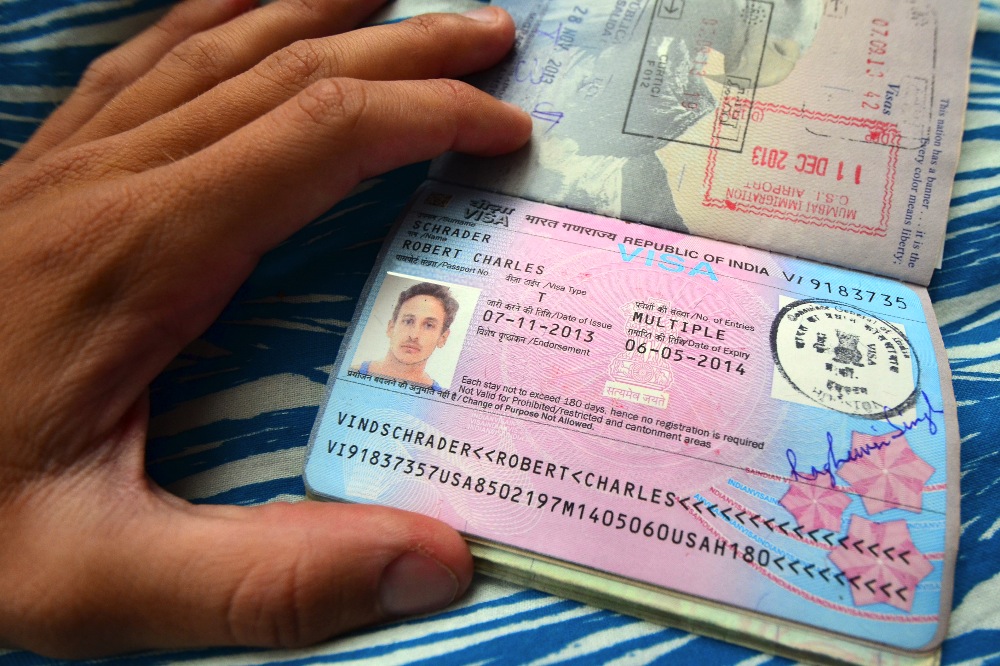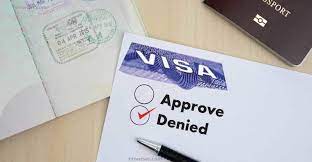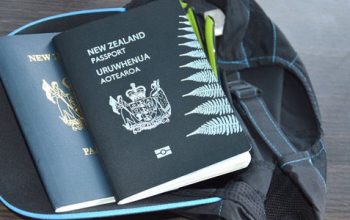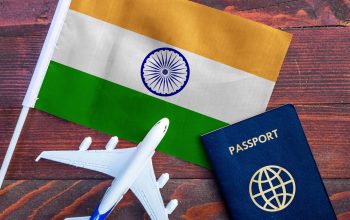Are you an Australian citizen planning to visit India? Applying for an Indian visa may seem like a daunting task, but it doesn’t have to be! There are certain dos and don’ts that can help make the process smoother and more efficient. In this blog post, we’ll discuss everything you need to know about applying for an Indian visa as an Australian citizen, so that your trip can be stress-free and enjoyable from start to finish. Whether it’s for business or leisure purposes, read on to learn how to navigate the Indian visa application process with ease! INDIAN VISA FOR Australian Citizens
What is an Indian Visa?
If you are a citizen of Australia and want to visit India, there are a few things you need to know in order to apply for an Indian visa. Here is what you need to do:
1. Start by consulting the Indian embassy or consulate in your home country. They will be able to provide you with all the necessary forms and information.
2. Complete the relevant forms and attach all required documents, such as your passport, visa application form, photograph, and proof of citizenship.
3. Submit your application along with the necessary fees to the embassy or consulate.
4. If your visa is approved, it will be sent to you by mail. Make sure to bring the original visa document with you when travelling to India so that you can show it at immigration control.
How to Apply for an Indian Visa as an Australian Citizen
If you’re an Australian citizen and wish to visit India, it’s important to know the dos and don’ts of applying for an Indian visa. Here are five tips to follow: INDIAN VISA FROM Australia
1. Research the requirements of your particular Indian visa type carefully. Each visa has its own specific requirements that must be met in order for your application to be processed.
2. Make sure all required documentation is ready and available when you apply for your visa. Required documents can vary depending on the visa you are applying for, so make sure you have all necessary paperwork handy before heading to the embassy or consulate.
3. Avoid making any last-minute changes to your application once it has been submitted to the embassy or consulate. Changes may result in delays or rejection of your application altogether, so try to stick to the original plan as closely as possible.
4. Keep a positive attitude while waiting for news about your application; if things go wrong, don’t get too downhearted – there is always a chance that everything will work out in the end!
5. Finally, remember that applications for Indian visas can take some time – so be patient!
What Are the Requirements for a Successful Application for an Indian Visa?
The requirements for a successful application for an Indian visa as an Australian citizen are as follows:
-Be a permanent resident of Australia
-Have been living in Australia for the last two years
-Possess a valid Australian passport or travel document
-Have no criminal convictions that would prevent you from travelling to India
-Present yourself in person at the Indian embassy or consulate in Sydney, Melbourne, Brisbane, Perth, Adelaide or Canberra (depending on your location) to apply for a visa. If you are applying through an agent, they will need to provide supporting documents verifying your eligibility and confirming your travel plans.
What are the Possible outcomes if I am declined a visa?
If you are an Australian citizen and wish to travel to India for tourism or business purposes, you will need to apply for a visa. There are a number of different types of visas available, each with its own set of requirements.
The most common type of Indian visa is the tourist visa. This allows you to stay in India for up to 30 days and visit any number of the country’s tourist attractions. You must also provide proof that you have enough funds to cover your expenses while in India.
Another type of Indian visa is the business visa. This allows you to stay in India for a period of up to six months and conduct business activities related to your occupation. You must also provide evidence that your business activities will not interfere with the normal operations of the Indian government or society.
You should also be aware of the restrictions associated with each type of Indian visa. For example, the tourist visa does not allow you to work or study in India.



